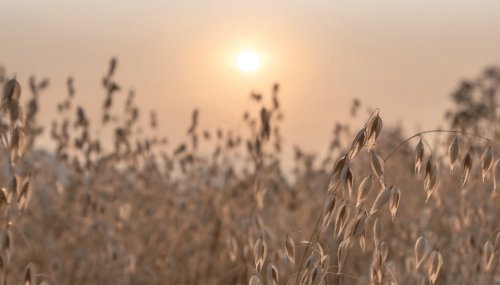Bayer Crop Science’s low carbon breeding program is innovating in protected cropping for a more profitable and reliable agricultural future.
Head of protected crops for Bayer Vegetable Seeds Anne Williams is optimistic about the program which pushes for lower carbon emissions not by necessarily reducing inputs, but by increasing quality.
“You can’t have sustainability without profitability – if you have one and not the other, something is going to break.”
Ms Williams and her team believe reducing carbon will require a more reliable product, one that is more likely to be purchased and eaten by the consumer, and that will hold its quality along the cold chain.
“If it doesn’t look or taste at least the same or as good, then you get food waste.”
Part of the challenge has been opening people’s eyes to the fact that sustainable agriculture might involve glass, steel, and high tech of the kinds used in protected cropping environments.
“There’s this vision that sustainability means someone sitting in a pair of dungarees with a basket, picking one tomato off one tomato plant... you can’t feed the world like that.
“Unit conversion of energy from input to output ratio in green and glasshouse agriculture is the best in the world and is far less water intensive.”
It also means greater food security, through protection from insects and other environmental challenges experienced in open field agriculture, as well as a greater capacity to screen for challenging circumstances.
Not only did the pandemic ‘accelerate the importance’ of agricultural innovation, but, for Ms Williams and her team, “it meant we could learn quite quickly on some things because our teams across the world have seen glass houses and greenhouses in very different conditions because of economics and availability.”
Whole-of-supply-chain approach
It’s called the Low Carbon Breeding Program, but the program considers factors across the whole supply chain.
The first step in the process is a screening process which considers how certain products in Bayer’s development pipeline react under different circumstances.
For example, how temperature affects yield or how changes to the growing environment will affect quality.
The process uses a digital plant management system which allows the Bayer team to view things digitally as well as visually.
Benefits to flow around the globe
“This is not a project with a deadline”, she stressed, “this is a continuous improvement process...it’s about improving the efficiency of everything so that we can improve the photosynthetic ability of a plant further down the line”.
The “heart” of the program is in the Netherlands but it’s rolling out across Europe and on its way to North America and Australia.
She said, the benefits of the program are already extending beyond the area of operations.
“Our market development teams, and our research and development teams are learning a lot more about how to manage varieties in more challenging conditions and how to optimise performance...those kinds of things are already being communicated.
“You’ll see those being coordinated more into agronomic guidance and management as early as next year. It’s such a hot topic and so important that anything we can pull as early as we can, we will.”
Though the focus of the program is on improving agriculture and food security, the benefits are, for Ms Williams, more personal too.
“The really nice thing is that we’re growers too; we grow the seed we sell. Our product supply team are as excited as anyone else and get to test and apply the learnings in our production glasshouses around the world which is really nice."




